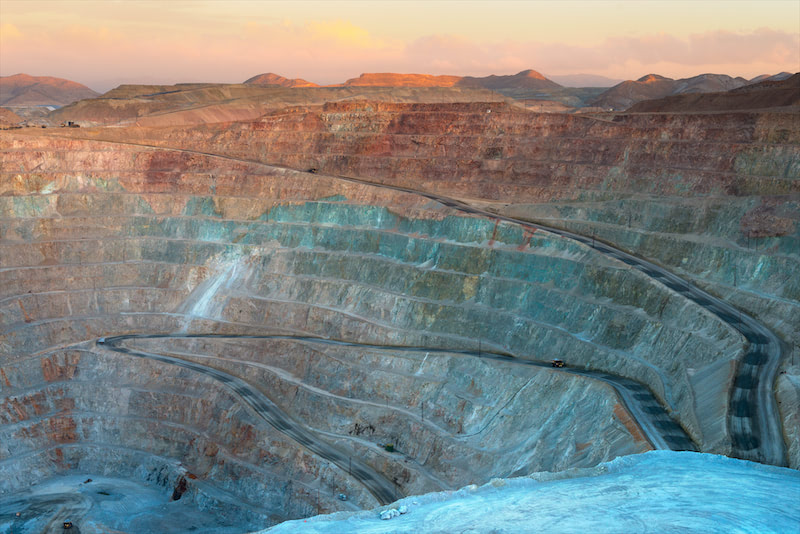SHANGHAI, Jul 28 (SMM) - The steel industry plays an important role in leading global low-carbon development and addressing climate change under the carbon neutrality target. And as traditional processes are reaching their carbon reduction limits, the steel industry must achieve breakthrough technologies in order to realise this target. In the future, hydrogen metallurgy will become the new windfall for the steel industry. This article will giver an overview of the key cooperation projects between international mines and China steel companies in the field of low carbon technology.
China Baowu Group (中国宝武集团)
In December 2020, China Baowu Steel Group announced its cooperation with Rio Tinto on low carbon metallurgy projects and relative research. Rio Tinto will contribute US$10 million over the next two years for this purpose, further facilitating to the short and long-term decarbonisation goals, and improving the carbon reduction and environmental benefits of the entire steel industry chain.
The investment will also further deepen the collaboration on climate change agreed in 2019 between China Baowu, Rio Tinto and Tsinghua University. On 25 September 2019, Rio Tinto signed a Memorandum of Understanding with Baowu and Tsinghua University to jointly develop and implement new technologies to reduce carbon emissions.
Baowu is the first steel company in China to release a timeline for achieving carbon peak and carbon neutrality targets. In 2021, the company announced the low carbon metallurgy blueprint, targeting to achieve carbon peak by 2023, to achieve process technology capability to reduce carbon by 30% by 2025, to reduce carbon by another 30% by 2035, and to achieve carbon neutrality by 2050.
Baowu is now actively preparing to set up a carbon neutrality fund, which, launched on 15 July, 2021, has been the largest carbon neutrality theme fund in China market with a total amount of RMB 50 billion.
On 6 November 2020, Baowu Group signed a Memorandum of Understanding (MOU) with BHP Billiton on strategic cooperation to jointly address climate change. Under the MOU, BHP Billiton plans to invest US$35 million over the next five years in the use of low carbon fuels such as blast furnace hydrogen injection and other low carbon technologies such as CO2 capture, utilisation and storage. The five-year strategic partnership with Baowu is part of BHP Billiton's US$400 million climate investment programme.
China HBIS Group (中国河钢集团)
On 5 March 2021, China HBIS Group signed a MOU with BHP Billiton on strategic cooperation to jointly address climate change, in which both parties will jointly promote low-carbon metallurgy, recycling technology innovation and R&D deployment to make green steel from green raw materials. According to the MOU, BHP Billiton will invest US$15 million in the next three years to jointly research and explore greenhouse gas emission reduction technologies and pathways with HBIS Group, including direct iron reduction technology with hydrogen, steel slag treatment and recycling technology, as well as the utilization rate enhancement of iron ore and lump ore.
On 12 March 2021, HBIS Group announced its low carbon green development action plan: a low carbon metallurgy blueprint in 2021, carbon peak in 2022, carbon emissions reduction of more than 10% from peak in 2025, carbon emissions reduction of more than 30% from peak in 2030, and carbon neutrality in 2050.



